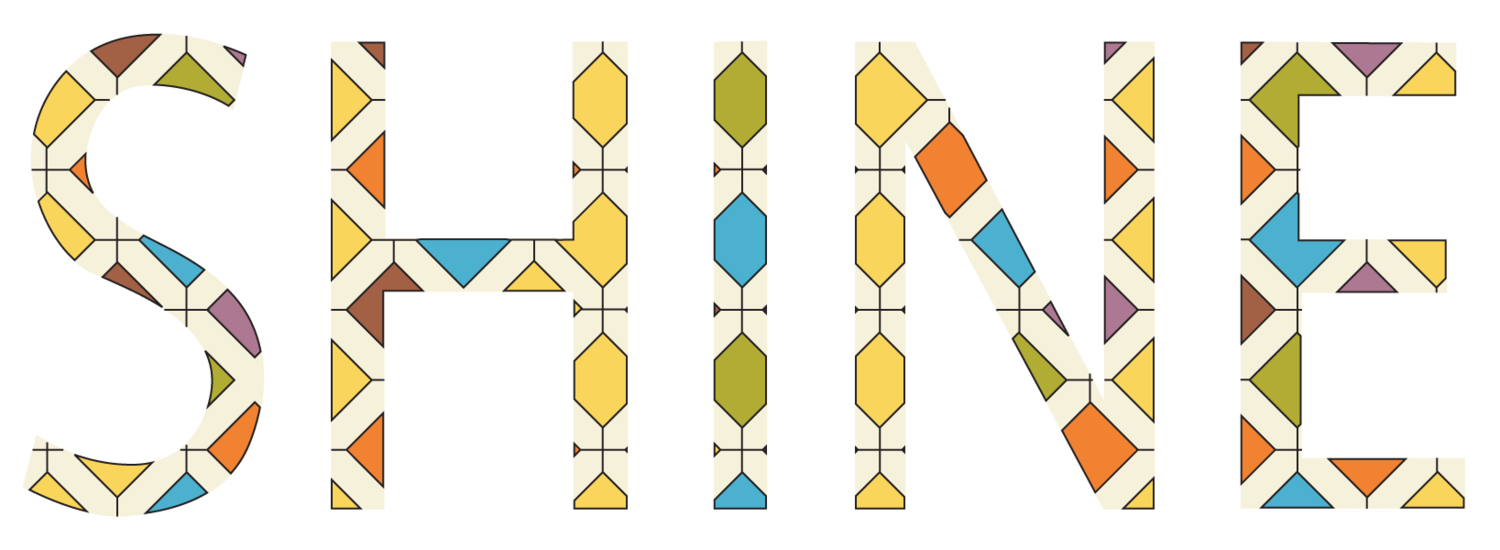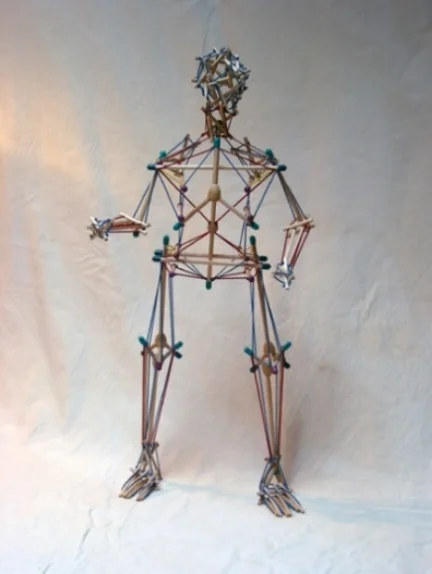Craniosacral Fascial Therapy (CFT)
What is Craniosacral Fascial Therapy?
Craniosacral Fascial Therapy is a very gentle, natural bodywork that may produce powerful therapeutic effects. It can be corrective because it deals with the root of the problem.The brain has an inherent motion that expands and contracts. Cerebrospinal fluid flows from the brain down the spine to the sacrum and into the connective tissue (fascia) in the body. It helps nourish the body and cleanse toxins. When the craniosacral system is loose and open, it allows for the optimal flow of fluid.Traumas starting from birth are accumulated and can restrict brain motion creating tightness and stored toxins in the body resulting in physical problems. As the craniosacral system and fascial restrictions in the body begin to loosen, relief may be experienced.
What is a treatment like?
You lay on the table fully clothed during a treatment. At times, you may feel some stretching or there may be a more active "unwind" motion. Most people find the session relaxing.
How many treatments will I need?
Of course this varies for individuals. At the minimum, you should plan for 4 treatments. You should know by this point if you are feeling benefits.
What is the brain cycle and why is it important?
At the beginning and end of each session, your brain cycle will be assessed. By holding your head and timing the length of time it takes the brain to expand and contract, the health of the craniosacral system is revealed. It is fascinating how the length and quality of your brain cycle relates to the improvement of conditions.
What kind of conditions benefit from CFT treatments?
There is a long list of conditions that have shown improvement thru CFT. Often, a benefit comes that was not anticipated. The intention of the session is to release tightness...never to "cure" the condition.
The following are conditions that may benefit once craniosacral system is opened:
Back + Neck Pain/ Shoulder pain/ TMJ/ Scoliosis/ Sinus issues/ Migraines/ Headaches/ ADD/ADHD/ Concussion Symptoms/ Asthma/ Depression/ Learning Issues/ Acid Reflux/ Sleep issues/ Anxiety
Trauma can begin at birth. This is why it is so important for newborns to be assessed and adjusted. As we live our lives, we accumulate layers of trauma. Here are a few examples of trauma:
Difficult birth/ Concussion/ Surgery/ Auto Accidents/ Falls/ Vaccination shots/ Dental + Orthodontics/ Emotional trauma
For more information, go to: The Gillespie Approach


